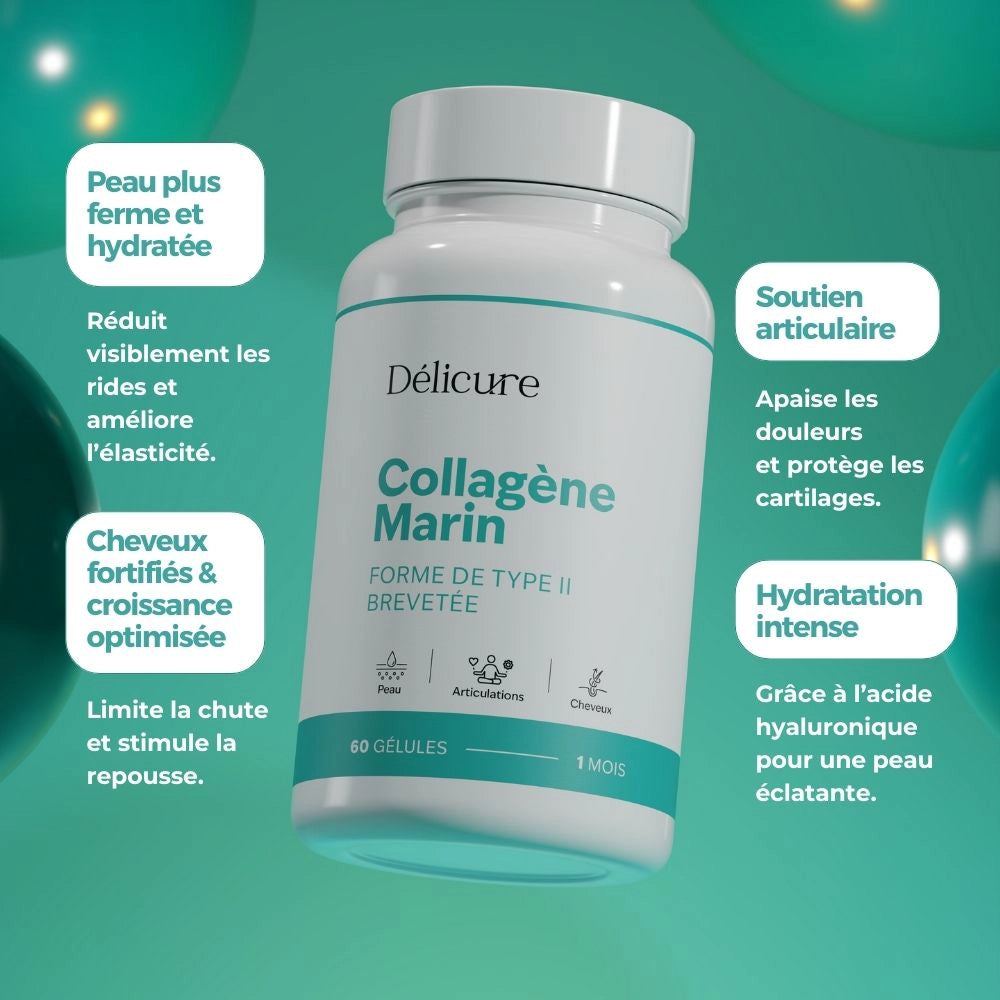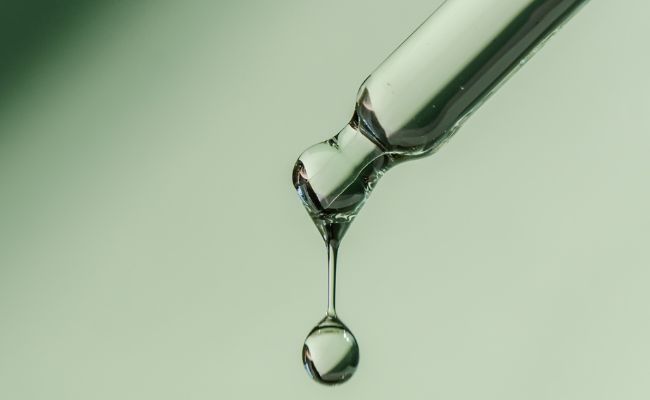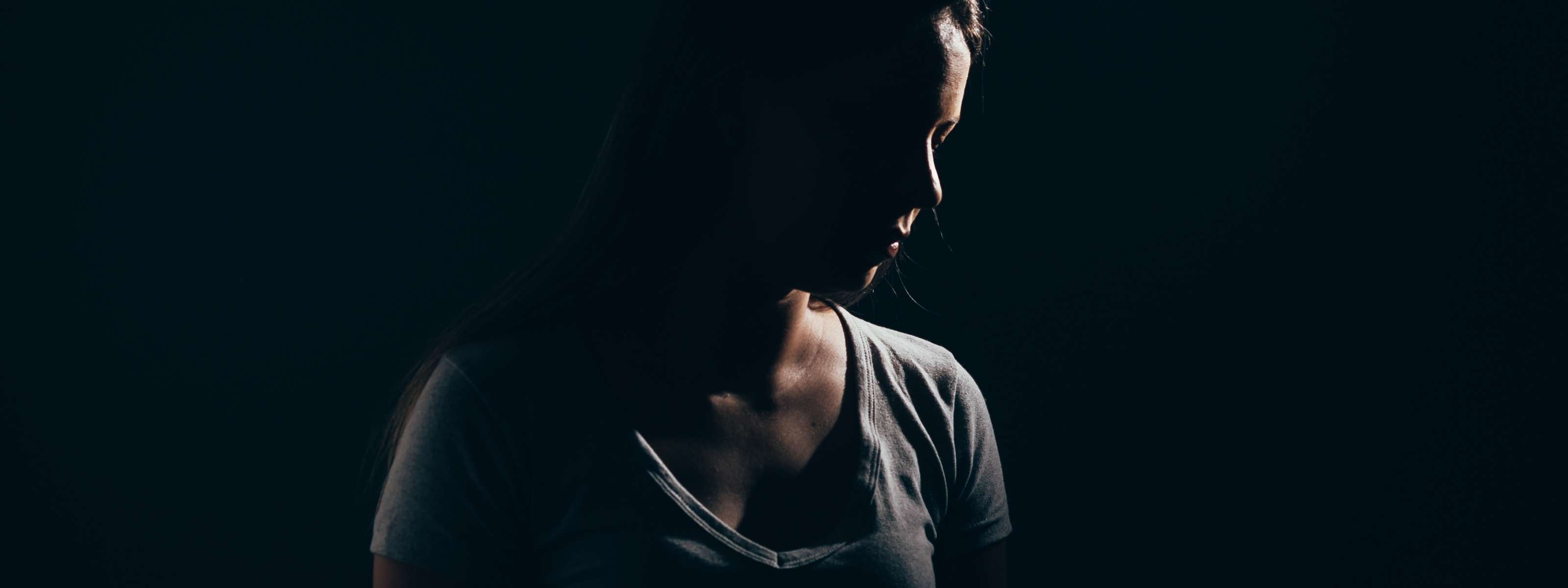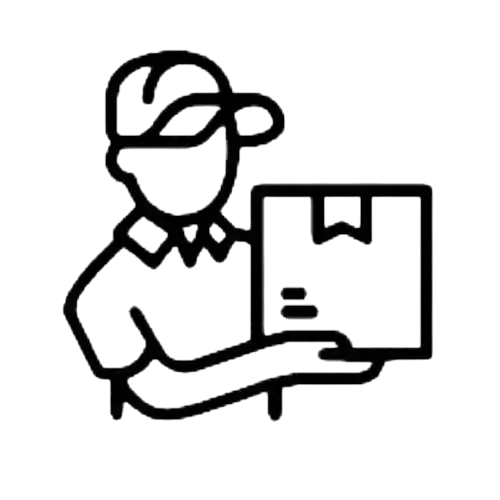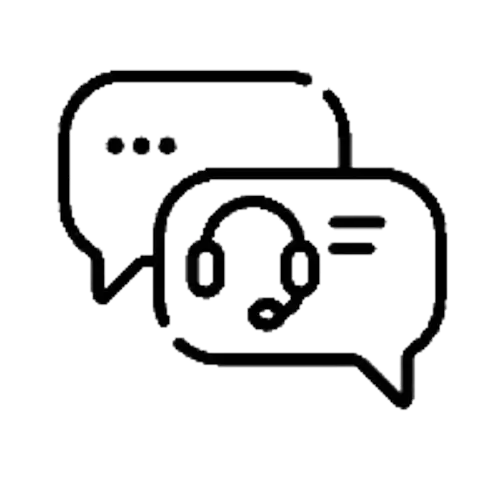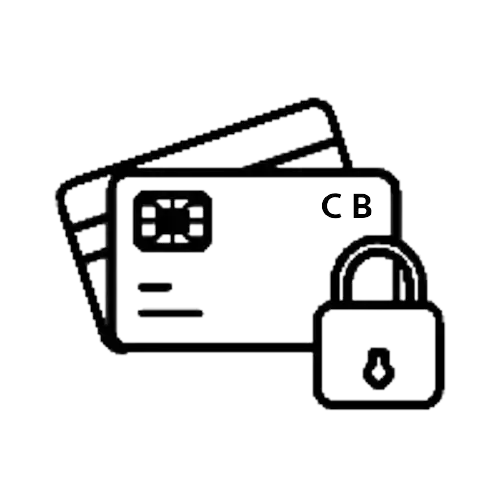Consume CBD to relieve anxiety?
15 to 20% of French people are affected by some form of anxiety at some point in their lives. Described as a form of worry, accompanied by a strong feeling of discomfort, anxiety can be debilitating in daily life. In the long term, anxiety disorders can cause health problems and impair quality of life.
What is CBD?
CBD , or cannabidiol, is a natural molecule that is part of the large family of cannabinoids. It comes from the hemp plant, also called cannabis sativa.
Unlike THC, which is the plant's most well-known component, CBD does not produce any psychotropic effects and does not cause addiction. Its consumption is therefore legal and authorized in France.
Currently, 6 million consumers in France consume cannabidiol. Since CBD is classified as a new molecule by France, we cannot say that it is used to combat stress, anxiety, pain, or promote good sleep. Cannabidiol is a natural product that does not present any side effects or health risks.
Does CBD help relieve anxiety?

As seen above, in France, it is not currently authorized to talk about health claims concerning CBD, in the same way as probiotics, CBD is considered a new food and as such does not yet have a recognized health claim, so we cannot say that CBD helps relieve stress and anxiety or that CBD helps reduce pain or that CBD promotes sleep. Also, we will not be able to comment on certain studies aimed at demonstrating this. We will therefore focus on the action of CBD and talk about relaxation.
Cannabidiol acts on endocannabinoid receptors associated with anxiety and pain. These receptors play a vital role in maintaining good mental health. Cannabidiol sends a message to the body to ignore stress signals emitted by the brain via the nervous system.
CBD can be consumed in the morning, at any time of the day, in fact CBD does not cause drowsiness (except in rare cases and at very high doses). Also, this molecule can be a valuable natural well-being ally to promote relaxation throughout the day or in the evening before going to bed.
Please note that cannabidiol is not a substitute for medical treatment prescribed by a healthcare professional for anxiety disorders. However, with medical advice, cannabidiol can be used alongside medical treatment.
Summary of the main clinical studies on CBD and anxiety
Several clinical trials and systematic reviews have examined the effects of CBD on anxiety disorders. A 2020 pilot trial of 72 adults with generalized anxiety disorder showed that treatment with 25 mg to 75 mg of CBD per day (depending on severity) significantly reduced symptoms of stress and anxiety, as assessed by the Hamilton Anxiety Rating Scale, as early as four weeks of treatment.
A 2019 review of 49 studies found that CBD modulates the activity of the amygdala, a key brain region in the fear circuit, and improves emotional regulation without excessive sedation.¹ Other studies highlight its action on serotonin: CBD acts as a partial agonist of 5-HT1A receptors, thus promoting an anxiolytic effect similar to that of certain antidepressants but without addiction.²
These data suggest that, even if CBD does not replace psychiatric care, it may constitute an interesting therapeutic adjuvant in a global protocol for the management of anxiety disorders.
How to consume CBD to combat anxiety?
As mentioned above, we can't say that CBD helps combat anxiety; it's used for relaxation. There's a wide selection of CBD-based products available today. Cannabidiol can be consumed, for example, in the form of infusions, e-liquids, oils, capsules, tablets, or even candies.
CBD oil is the most widely consumed product in France. Due to its simple and 100% natural composition, CBD oil has won over millions of French people who consume it regularly. For full effectiveness, CBD oil must be consumed sublingually, that is, under the tongue.
CBD oil drops should be placed directly under the tongue, as it is an area rich in blood vessels. The CBD molecule then quickly diffuses into the bloodstream and the receptors of the endocannabinoid system.
That's not all; to truly experience the relaxing effects of cannabidiol, it's important to choose the right dosage. Délicure offers a CBD calculator that determines the number of drops of CBD oil to ingest based on the user's weight and goals.
What dosage and best practices for safe consumption against anxiety?
To achieve optimal relaxation while minimizing the risk of adverse effects, it is advisable to adopt a gradual dosage approach.
Start with a microdose of 5 mg to 10 mg of CBD per day, preferably taken sublingually in the morning and/or evening, to assess your individual sensitivity. After one to two weeks, you can increase in 5 mg increments every 3–4 days until you feel the desired soothing effect, without exceeding 50 mg daily.
Always remember to record your doses and how you feel in a logbook so you can fine-tune your protocol. In terms of lifestyle, combine CBD intake with relaxation techniques (coherent breathing, sophrology, or meditation) and regular sleep: CBD works in synergy with these habits to strengthen resilience to stress.
Finally, always consult a healthcare professional if you are taking medications that may interact with CBD (anticoagulants, certain antidepressants) and be sure to choose a product certified by a third-party laboratory, guaranteeing purity and legal compliance.
Délicure's organic CBD oil
Délicure has developed a 100% natural organic CBD oil to combat stress and anxiety. It is made in France with organic avocado oil and cannabidiol extracts from organic hemp. In accordance with current regulations, this product is guaranteed to be free of THC, the molecule with psychotropic effects in cannabis.
This high-quality product stands out from traditional CBD oils made from refined coconut oil (or MCT oil). It contains no chemical ingredients, pesticides, or fertilizers.
This organic CBD oil is available in three cannabidiol concentration levels (10% or 1000mg, 20% or 2000mg, and 30% or 3000mg). For a first-time CBD consumption, the 10% CBD oil is ideal. For more intense effects, the ideal is to choose the 20% or 30% CBD oil.
Although this product is safe to use, pregnant or breastfeeding women and patients undergoing medical treatment are advised to seek medical advice before use. Furthermore, CBD oil and all other cannabidiol products are for adult use only.
Sources:
-
Shannon et al. (2019)
Scott M. Shannon, Nicole Lewis, Heather Lee & Shannon Hughes. Cannabidiol in Anxiety and Sleep: A Large Case Series . The Permanente Journal 2019;23(1):18-041. doi:10.7812/TPP/18-041.
In this retrospective case series, 72 adults with anxiety or sleep disturbances received 25–75 mg of CBD daily: 79.2% of them saw their anxiety score decrease within the first month pmc.ncbi.nlm.nih.gov . -
Bergamaschi et al. (2011)
Mateus M. Bergamaschi et al. Cannabidiol reduces the anxiety induced by simulated public speaking in treatment-naïve social phobia patients . Neuropsychopharmacology 2011 May;36(6):1219–1226. doi:10.1038/npp.2011.6.
This randomized controlled trial shows that a single 600 mg dose of CBD significantly reduces anxiety in patients with social phobia during a public speaking test pubmed.ncbi.nlm.nih.gov . -
Blessing et al. (2015)
Esther M. Blessing, Maria M. Steenkamp, Jorge Manzanares & Charles R. Marmar. Cannabidiol as a Potential Treatment for Anxiety Disorders . Neurotherapeutics 2015 Oct;12(4):825–836. doi:10.1007/s13311-015-0387-1.
2015 systematic review compiling preclinical evidence and human trials, concluding the acute anxiolytic potential of CBD in various anxiety disorders www1.racgp.org.au . -
Russo et al. (2005)
Ethan B. Russo, Andrea Burnett, Brian Hall & Keith K. Parker. Agonistic Properties of Cannabidiol at 5-HT1A Receptors . Neurochemistry International 2005;47(1-2):111–121. doi:10.1007/s11064-005-6978-1.
Biochemical studies demonstrating that CBD acts as a partial agonist of 5-HT1A receptors, the central mechanism of its anxiolytic effect link.springer.com .


